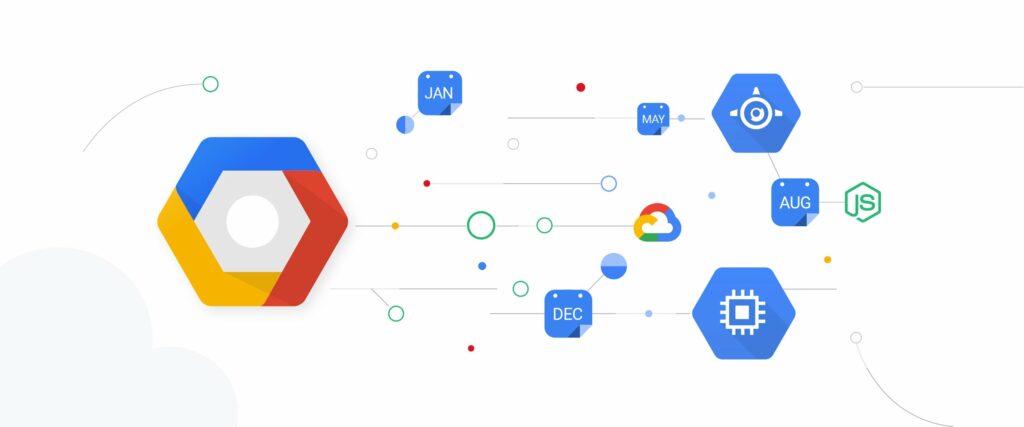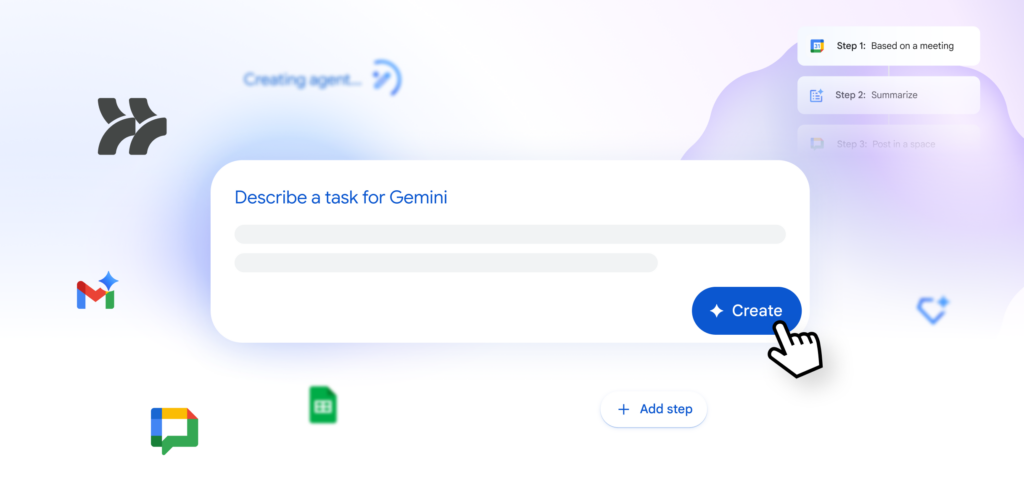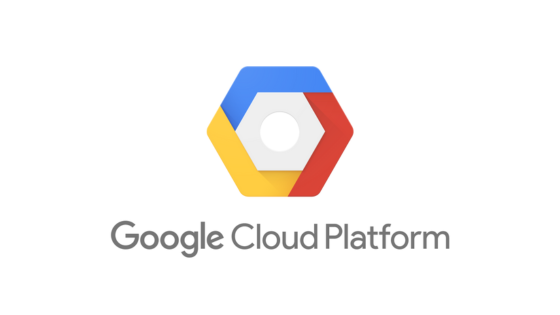[vc_row][vc_column][vc_column_text]How many employees does your company have?
No matter what you answered to that question, you're in the right place. All companies, regardless of size, need to have this knowledge.
To say that the pandemic changed the way we work is an understatement. While the world has adapted to different ways of working (remote, hybrid and work-from-home), identity management and workforce access to business applications has taken center stage.
It is key to have a system in place to manage the identity of a business's employees and partners and provide secure access to the organization's resources, such as applications, devices and networks.
Why is identity and access management even more important now?
Each year, Verizon publishes the Data Breach Investigations Report (DBIR). The 2021 DBIR found that 85% of data security breaches involved a human actor and 61% of breaches involved credentials. The report cited privilege abuse as a leading cause of security incidents.
These events often result in serious financial losses for organizations.
But that's not all. If we focus on the user level, who now uses multiple cloud applications and works from different locations, a system of access controls and single sign-on gives them a better experience.
Now, how is it solved?
SSO (Single Sign-On) is an authentication tool that allows users to access multiple applications with one set of secure login credentials. That means your employees can use your company's credentials to access all the applications necessary for their business.
Frequently Asked Questions
- Why are small and medium-sized companies the ideal target?
It is a common misconception that small businesses do not require a dedicated IAM system. Smaller companies generally assume that they don't have the same security risks as larger companies because they have less data at stake. But they do have their own significant risks.
As a small business grows, computers diversify and applications multiply. As a next step, increased use of applications creates more security vulnerabilities.
What causes them? Weak passwords, poorly maintained access management and unauthenticated login processes are some of the causes of these vulnerabilities.
In addition, SMBs often experience resource, time and capital constraints, so having a separate identity and application management team is often considered a luxury rather than a necessity.
- What can happen to companies during a security breach?
When an attack occurs, stolen data can be held for large ransoms or sold on the dark webBusiness plan leaks and premature product leaks, especially in the technology industry, can lead to a failed product launch.
Due to downtime, many small businesses fail after a breach.
How to prevent it? By using stronger passwords and changing them regularly, monitoring who has access to what data and enabling alerts on suspicious activity in applications.
This is solved by SSO (Single Sign-On).
Reasons to implement it
Increases safety:
A Google survey found that at least 65% of people reuse passwords across multiple sites, if not all. SSO provides the option to use one strong login credential for all applications.
Better user experience:
On average, 27% of small businesses use an average of five applications per day. SSO reduces the likelihood of breaches that can occur due to weak and recycled passwords. In this way, employees can switch seamlessly between more applications with fewer security issues.
3. Save time for your business:
Saves employee time spent typing or resetting passwords and downtime due to breaches.
SSO helps you create a more productive and efficient work environment. With Zoho Directory you can implement it.
Want us to help you?[/vc_column_text][/vc_column][/vc_row][vc_row][vc_column text_align="center" width="1/1″][minti_button link="https://www.etixen.com/es/contacto/" color="color-2″ size="medium"]CONTACT US[/minti_button][/vc_column][/vc_row][/vc_row]






